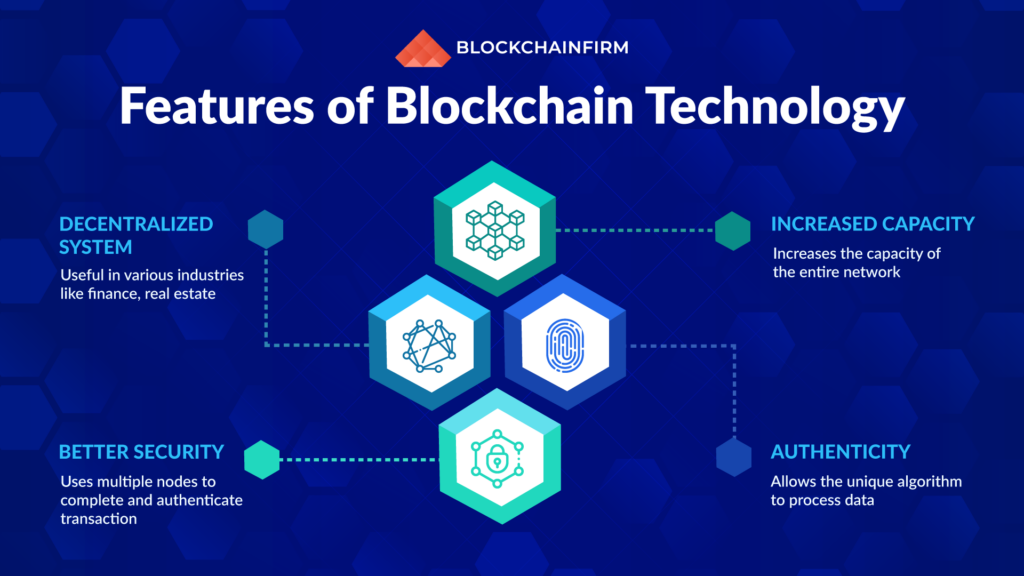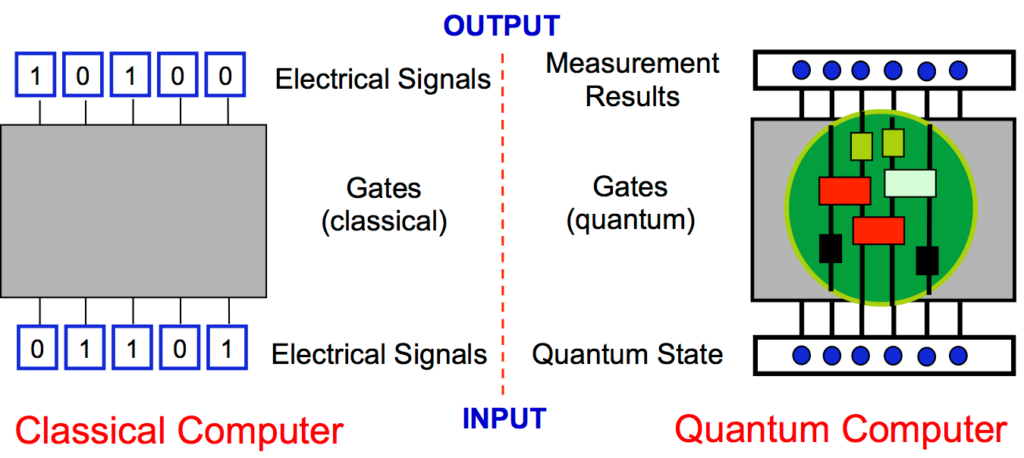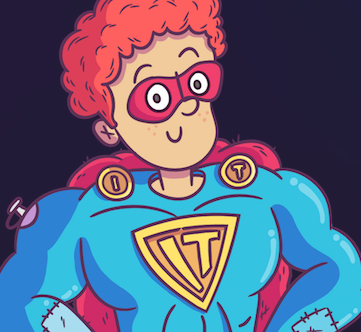Welcome to our blog post on disruptive technologies that are set to change the world. In today’s fast-paced and interconnected world, technology continues to evolve at an unprecedented rate, revolutionizing various industries and reshaping the way we live and work. From artificial intelligence to blockchain, internet of things, robotics, virtual reality, augmented reality, gene editing, quantum computing, and more, these disruptive technologies are transforming our society and opening up new possibilities. In this blog post, we will explore the top 8 disruptive technologies and delve into how they will impact our lives and shape the future. Let’s dive in!

Artificial Intelligence: Revolutionizing Industries
Artificial Intelligence (AI) is driving innovation and transforming various industries. It has become an integral part of our lives, impacting decision-making processes, automation, customer service, and healthcare.
Enhanced decision-making: Machine learning algorithms are being used to enhance decision-making processes, enabling businesses to make more informed choices.
Increased efficiency and reduced costs: Automation enabled by AI is increasing efficiency and reducing costs in various sectors.
Improved customer service: AI-powered chatbots are improving customer service experiences by providing quick and accurate responses.
Revolutionizing healthcare: AI is revolutionizing healthcare with advancements in diagnostics and personalized treatments, making healthcare more accessible and efficient.
Artificial Intelligence is undeniably reshaping industries and will continue to play a crucial role in shaping the future.
Blockchain: Transforming Business
Blockchain technology is enabling secure and transparent transactions.

Smart contracts are automating agreement execution and reducing reliance on intermediaries.
Blockchain can help eliminate fraud in supply chain management.
Decentralized finance powered by blockchain is disrupting traditional banking.
Blockchain is revolutionizing the digital advertising industry by providing transparency and eliminating middlemen.
Internet of Things: Connecting the World
IoT devices are creating a network of interconnected devices.
Connected homes with IoT devices are enhancing convenience and improving energy efficiency.
IoT is revolutionizing transportation and logistics with smart monitoring and tracking systems.
IoT is impacting agriculture with smart farming techniques and precision agriculture.
IoT has the potential to revolutionize healthcare with remote patient monitoring and personalized healthcare solutions.

Robotics: Redefining Automation
Robots are being used across industries to automate repetitive and dangerous tasks.
Collaborative robots (cobots) are working alongside humans to enhance productivity.
Robots are revolutionizing manufacturing with increased precision and efficiency.
Robots are transforming the healthcare industry with surgical robots and robotic prosthetics.
Robots are being used in agriculture to improve crop yield and automate harvesting processes.
Virtual Reality: Enhancing Experiences
Virtual reality technology is creating immersive experiences in entertainment and gaming.
VR is revolutionizing training and education by providing realistic simulations.
Virtual reality can be used in therapy and rehabilitation to enhance patient outcomes.
VR is transforming the tourism industry by providing virtual tours and experiences.
Virtual reality is revolutionizing the real estate market by enabling virtual property viewings.
Augmented Reality: Changing the Way We Interact
AR technology is enhancing the way we interact with the physical world.
AR is revolutionizing retail by providing virtual try-on experiences for customers.
Augmented reality can be used in remote collaboration and communication.
AR is transforming the education sector by enabling interactive learning experiences.
Augmented reality is revolutionizing the field of architecture and design.
Gene Editing: Shaping the Future of Medicine
Gene editing technologies like CRISPR-Cas9 are enabling precise modifications to genetic material. This breakthrough technology offers unprecedented control over DNA, allowing scientists to target and edit specific genes.
Gene editing has the potential to cure genetic diseases and improve overall health. By modifying faulty genes, researchers can potentially eliminate genetic disorders and prevent them from being passed on to future generations.
Gene therapies are revolutionizing personalized medicine and targeted treatments. By editing genes, scientists can create customized treatments tailored to an individual’s specific genetic makeup, increasing the effectiveness and reducing side effects.
Gene editing can also help enhance crop yields and improve agricultural practices. By modifying the genes of plants and animals, scientists can develop crops that are resistant to diseases, pests, and environmental stress, ultimately increasing food production and ensuring global food security.
However, ethical considerations and regulatory frameworks play a crucial role in the development and application of gene editing technologies. There are concerns about the potential misuse of gene editing, as well as the implications of making permanent changes to the human germline.
Despite these challenges, gene editing holds immense promise for the future of medicine. Continued research and responsible use of this technology have the potential to revolutionize healthcare and improve the lives of millions of people worldwide.
Quantum Computing: Unlocking Limitless Potential
Quantum computing has the potential to solve complex problems that are currently infeasible for classical computers.
Quantum encryption can provide enhanced security for sensitive data.
Quantum computing can revolutionize drug discovery and accelerate scientific research.
Quantum algorithms can optimize logistics and supply chain management.
Quantum computing holds promise for advancements in artificial intelligence and machine learning.

Conclusion
Disruptive technologies are shaping the future and revolutionizing various industries. New technologies like AI and blockchain are transforming the way we live and work.The Internet of Things is connecting the world by creating a network of interconnected devices, while robotics is redefining automation and improving productivity. Virtual reality and augmented reality are enhancing experiences and changing the way we interact with the physical world.
Gene editing and quantum computing hold remarkable potential in shaping the future of medicine, personalized treatments, and scientific research. However, ethical considerations and regulatory frameworks are crucial in ensuring responsible and safe development and application of these technologies.
As these disruptive technologies continue to evolve, it is important for individuals and industries to adapt and embrace their transformative power. By doing so, we can unlock limitless potential and create a future that is more efficient, sustainable, and connected.




